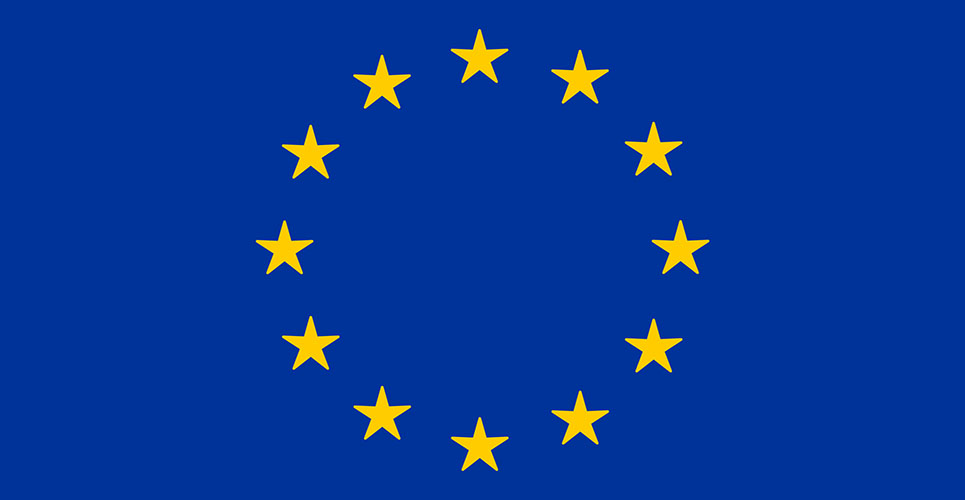The Pharmaceutical Group of the European Union welcomes Europe-wide recognition of prescriptions, but stresses the challenges that lay ahead if the system is to be safe and effective.
Recognition of cross-border prescriptions in all EU 27 Member States is an integral part of the wider cross-border healthcare policy approved today in the plenary sitting of the European Parliament.
PGEU acknowledges and supports patients’ right to seek and receive treatment in other Member States; the recognition of prescriptions is a key element of this.
Pharmacists need to assess, authenticate and validate prescriptions from other Member States, as they do in the case of national prescriptions.
When authenticating a prescription, it is essential not only to identify the patient but also be able to verify and be able to contact the prescriber in order to prevent medication errors occurring.
Sometimes, if patient safety is to be ensured, prescriptions need to be adjusted in cooperation with the prescriber.
This presents particular difficulties when the prescriber is from a different country.
PGEU therefore welcomes the principle established in the Directive that pharmacists should be able to refuse to dispense such prescriptions in cases of doubt, or due to ethical concerns, and the proposal in the Directive to facilitate pharmacist/prescriber contact.
In addition, since the name by which the medicine is marketed and prescribed varies from country to country, PGEU believes that in the cross-border context medicine should be prescribed by INN (generic name) where possible, if confusion is to be avoided.
PGEU believes this principle needs to be incorporated into the list of elements to be included in EU prescriptions envisaged by the Directive.
PGEU believes such a list should be as comprehensive as possible.
PGEU Secretary General John Chave said: “Recognition of prescriptions is an important principle, which we strongly support.
“But recognition of prescriptions should not be at the expense of the pharmacist’s normal professional obligations with regard to patient safety – we are happy that the wording on the
Directive appears to acknowledge this.
“The challenge remains to ensure that issues such as prescriber verification and the scope of elements in prescriptions are properly and thoroughly addressed in the future, if the system
is going to work effectively and safely”.

